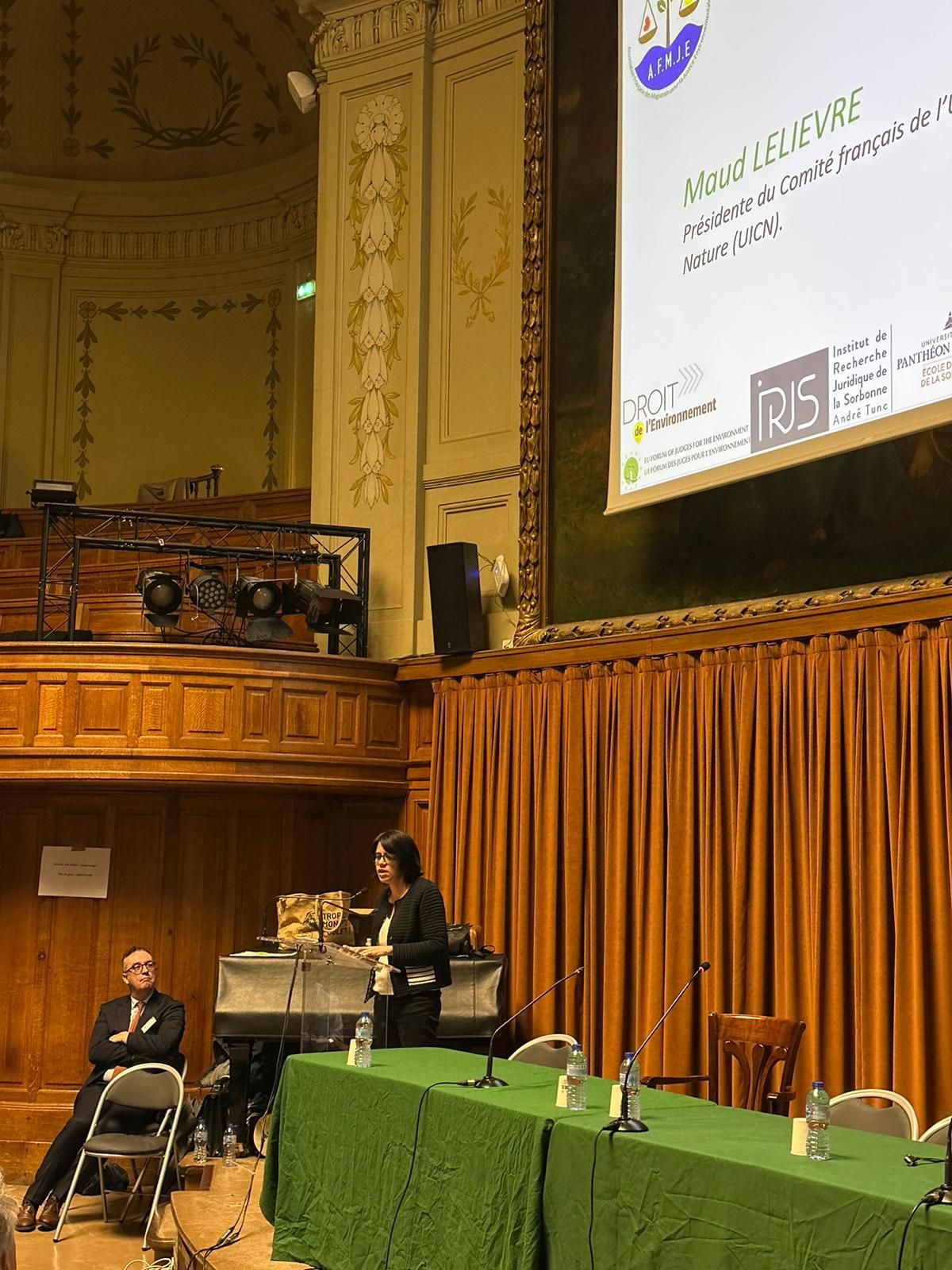On December 9, 2023, the colloquium titled “Climate: Justice for What?” was organized by the AFMJE (French Association of Magistrates for Youth and Childhood). This crucial event highlighted the intrinsic connections between the biodiversity crisis, climate change, and the concept of ecological damage, emphasizing the importance of environmental justice.
Biodiversity: An Indivisible Ecosystem
In the face of the current biodiversity crisis, it is essential to recognize that humans are an integral part of this complex ecosystem. We cannot ignore that our survival directly depends on the biodiversity that surrounds us. Therefore, protecting biodiversity and combating climate change are not separate challenges; they are intrinsically linked. It has become evident that to effectively address one of these issues, it is imperative to tackle the other simultaneously. In other words, we cannot expect a genuine resolution to environmental crises without an integrated approach that addresses both climate challenges and biodiversity loss.
IUCN’s Commitment to Recognizing Ecological Damage
The International Union for Conservation of Nature (IUCN) plays a fundamental role in this field, focusing on the recognition of ecological damage. Within its Environmental Law and Policy Commission, the IUCN is actively engaged in a public consultation on the report concerning the repair of ecological damage. This report is being developed in collaboration with 50 experts to underscore the necessity of a comprehensive implementation that addresses the critical challenges of prevention, preservation, and environmental restoration.
Ecological damage, as a concept, seeks to assess and repair the harm caused to the environment, recognizing that such damage can have severe and long-lasting impacts on ecosystems and human communities. Implementing effective mechanisms for repair is crucial for restoring degraded ecosystems and mitigating the effects of environmental damage.
Towards Integrated Environmental Justice
This colloquium, therefore, served as an essential platform for discussing environmental justice in the context of the climate and biodiversity crises. It highlighted the urgency of adopting an integrated approach that acknowledges the need to address issues of ecological damage in a serious and coordinated manner. Environmental justice must include the recognition and repair of harm caused while also strengthening preventive and preservation measures to avoid future damage.

Comments are closed